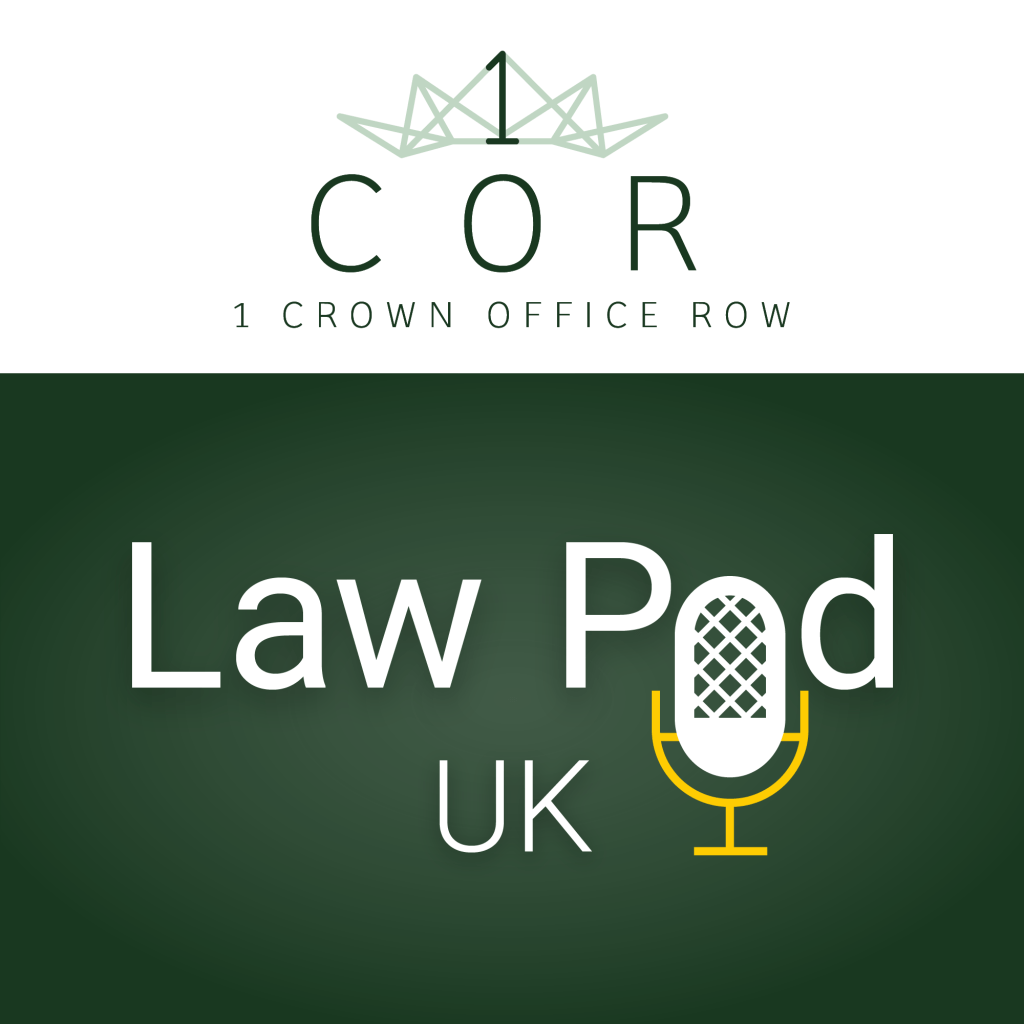In UK News
The Attorney General, Lord Hermer KC, has said that Axel Rudabakana’s sentence will not be referred to the Court of Appeal for undue lenience. Rudabakana was given a minimum 52-year sentence for murdering three girls in a dance class in July 2024. He would have received a full life order, said the trial judge, had he been an adult at the time of the crime (Rudabakana was 17). As it stands, his sentence is the “second longest…imposed by the courts in English history,” according to Lord Hermer.
The Lady Chief Justice, Baroness Carr, criticised the Prime Minister for comments made about a ruling. Questioned about a legal loophole which allowed a Gazan family to use the Ukraine Scheme, Sir Keir Starmer called the decision “completely wrong.” Baroness Carr said she was “deeply troubled” by the comments. Emphasising the separation of powers, she pointed out that the right route for challenging judicial decisions was through the appellate process and that “it is for the government visibly to respect and protect the independence of the judiciary.”
The UK’s use of predictive policing is “automated racism,” according to a report from Amnesty International. Amnesty found that the use of predictive, profiling and risk assessment systems results in racial profiling and the disproportionate targeting of black people and those from lower socioeconomic backgrounds. The charity said this was contrary to the UK’s obligations under human rights law including the Equality Act 2010, the European Convention on Human Rights.
In the Courts
The President of the Family Division has rebuked two women for an ‘astonishing’ surrogacy which risked leaving their children stateless. In Re Z (Unlawful Foreign Surrogacy: Adoption) [2025] EWHC 339 (Fam), Sir Andrew McFarlane heard that the parents had paid £120,000 to a clinic in the Turkish Republic of Northern Cyprus for two children. The children were carried by Ukrainian surrogate mothers and born on the same day “at the direction of the clinic.” One of the adoptive mothers then signed a form wrongly registering her as the mother of both the children. Subsequently, it became clear that: the location of birth did not afford the children Cypriot citizenship; having Ukrainian mothers did not afford them Ukrainian citizenship; and they had no legal connection to either of the adoptive mothers that would be recognised in the UK (the birth certificates having been issued on an incorrect basis). The children were eventually allowed to enter the UK through an application under the European Convention of Human Rights, article 8. Sir Andrew subsequently granted adoption orders for the children.
The judgment, published several months after the adoption orders were granted, was handed down “in order to draw attention… to the circumstances of the case…and to offer some advice for those who may, in future, unwisely seek to follow the path taken by the two applicants.”
The post The Weekly Round-Up: Axel Rudabakana, Judicial independence, predictive policing and illegal surrogacy appeared first on UK Human Rights Blog.




